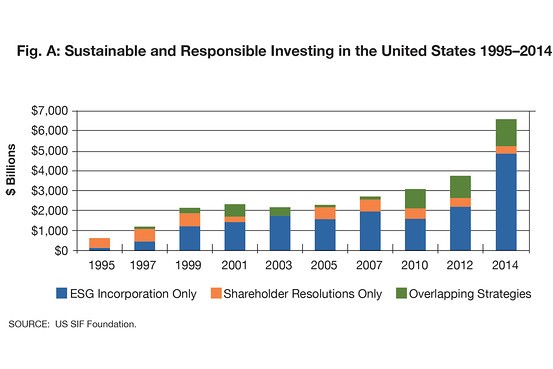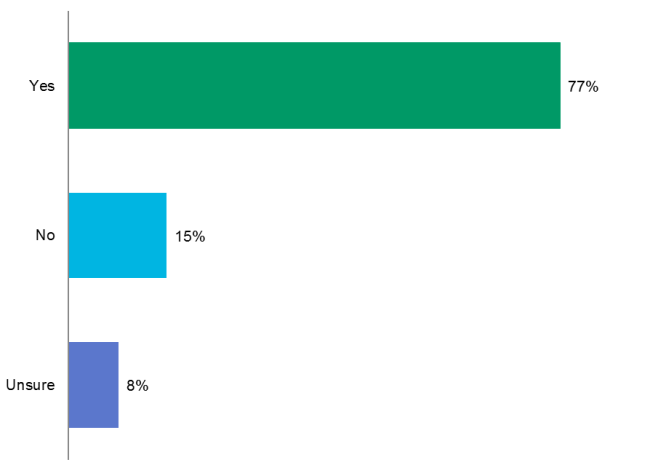Managed Accounts Grow Up
Post on: 7 Июль, 2015 No Comment

PERSONAL FINANCE
May 29, 1999 | By HUMBERTO CRUZ Business Writer
For investors who want a professional money manager to run their portfolio, separately managed accounts have become a growing alternative to mutual funds.
Assets in these accounts, in which portfolios are designed specifically for each person, nearly doubled from $163 billion in 1996 to $321 billion in 1998. These are the most recent figures from the Money Management Institute in Washington, the trade group for the industry.
That’s still only a fraction of the estimated $5.9 trillion Americans have poured into mutual funds, including employer-sponsored retirement plans such as 401(k)s. But industry officials point toward an increased interest in managed accounts, particularly among wealthier and more sophisticated investors.
All indications are that investors will continue to seek out the benefits of separately managed accounts over mutual funds, said Christopher L. Davis, executive director of the Money Management Institute.
For example, a survey released at the group’s annual conference this month showed that among the most successful financial advisers in the country, close to 40 percent are interested in offering managed accounts to clients, up from just a little more than 10 percent in 1996.
In a separately managed account, the portfolio is built to match each investor’s goals and tolerance for risk, and trades are made with an eye toward the tax consequences.
In a mutual fund, all investors buy into the same pool of securities, and flows of money in and out of the fund often cause unwanted trades, Davis said.
For example, if too much money comes in, the manager may end up buying like crazy just to put the money to work, Davis said. And if too many investors bail out at once, the manager may have to sell securities at rock-bottom prices to meet redemption requests.
With a managed account, there is no forced buying or selling and you avoid the herd, said Arthur G. Faren, a certified financial planner with Merrill Lynch Private Client Group. Faren will speak on the differences between mutual funds and separately managed accounts at the Money School conference on Saturday at Broward County Convention Center.

One advantage of mutual funds is that they are much more affordable, and provide for easy diversification with a relatively small amount of money. A typical minimum investment is between $2,000 and $3,000, and many funds allow investors to set up accounts with as little as $50 or $100 as long as they commit to add at least that much every month.
Requirements for separately managed accounts vary depending on the firm or adviser, but a typical minimum is at least $100,000. With less than that, you can’t get meaningful portfolio diversification, Davis said.
The investor’s fee is generally a percentage of assets under management, which also covers the costs of any trades. With mutual funds, trading costs are not reflected in the expense ratio but they reduce returns to investors dollar for dollar.
Fees for separately managed accounts are usually between 1 percent and 3 percent of the account value each year. The more the value of your assets, the less the percentage fee, Faren said. A minimum balance of close to $1 million is often required to bring the fee down to 1 percent.
Information on the performance of separately managed accounts is more difficult to come by than that of mutual funds, which is reported extensively in the financial press. Managed accounts are tracked in publications such as Standard & Poor’s Directory of Investment Advisors or Nelson’s Nation’s Directory of Investment Managers that are read mostly by financial advisers looking for a money manager for their clients.
Performance really depends on each individual’s objective and risk tolerance, Davis said, which is why blanket statements about performance can be misleading. The beauty of separately managed accounts is that — each account is managed separately.
Humberto Cruz can be reached c/o Sun-Sentinel, 1800 N. Commerce Parkway, Suite 1, Weston FL 33326 or at 954-356-4677 or e-mail hcruz@sun-sentinel.com or through his Web site at www.sun-sentinel.com/money/. All questions and tips will be considered but personal replies are not possible because of the volume of calls and mail.














